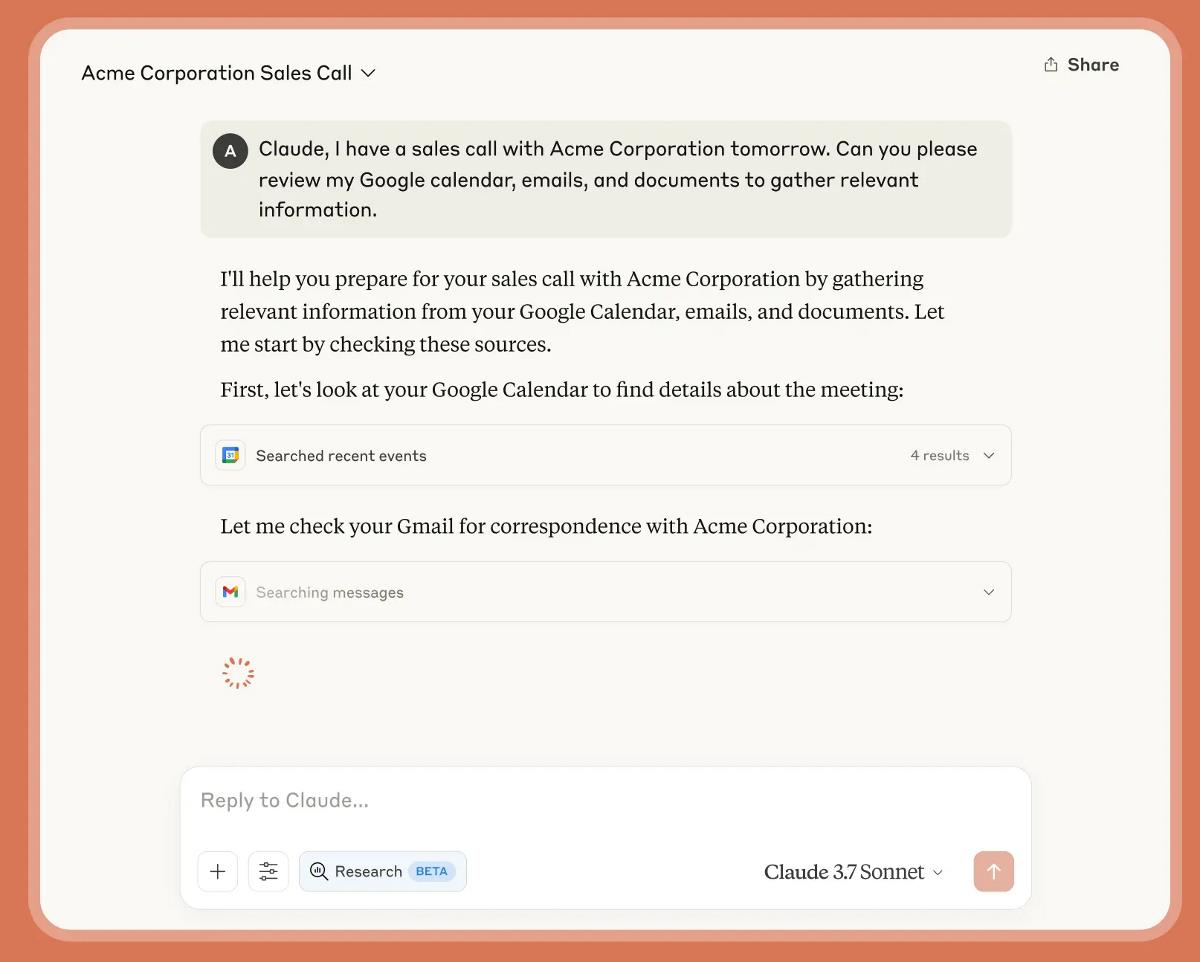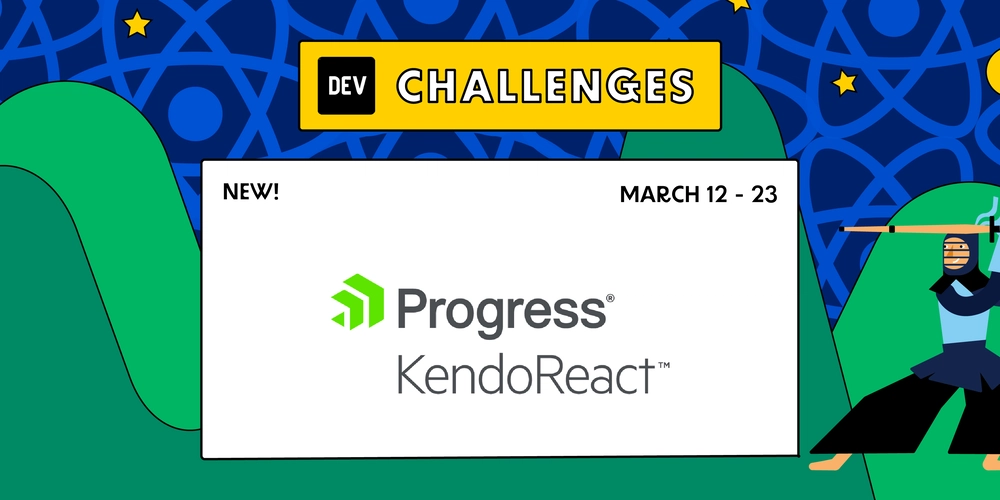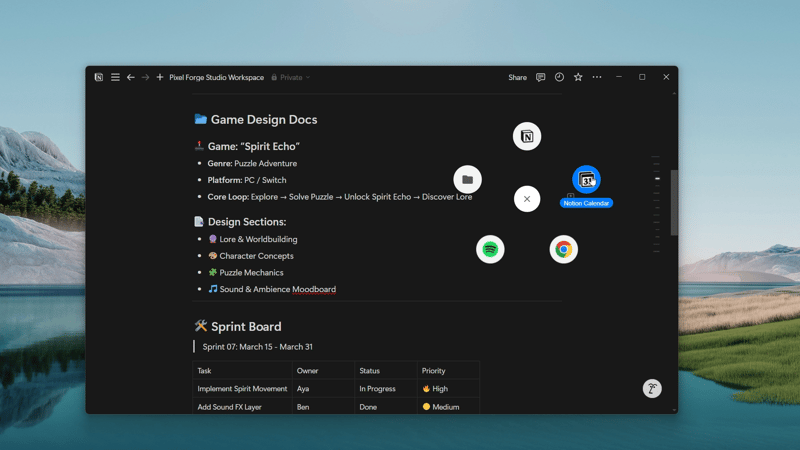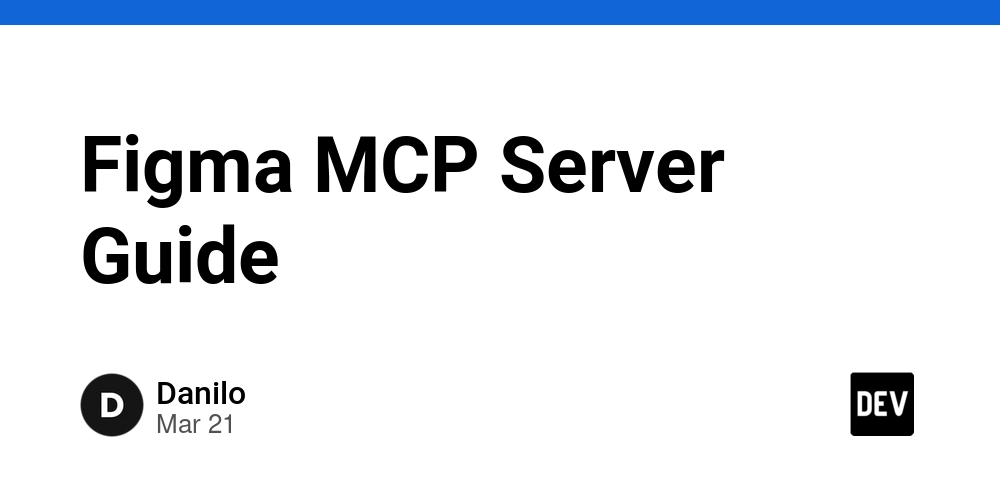Navigating Web Hosting Woes: Solutions for Freelancers and E-Commerce Founders
Navigating Web Hosting Woes: Solutions for Freelancers and E-Commerce Founders In today's digital landscape, reliable web hosting is crucial for freelancers, developers, and e-commerce business owners. A poorly performing website can lead to lost clients, diminished SEO rankings, and a tarnished brand reputation. Understanding the ins and outs of web hosting can save you from these pitfalls and ensure your online presence thrives. Choosing the Right Hosting Solution One of the first steps in overcoming web hosting woes is selecting the appropriate hosting solution for your needs. Here are some options to consider: Shared Hosting: This is the most budget-friendly option, where multiple websites share a single server. While it's economical, shared hosting can lead to performance issues during traffic spikes. VPS Hosting: A Virtual Private Server offers a middle ground between shared and dedicated hosting. With dedicated resources, VPS can handle much higher traffic without compromising speed. It's perfect for growing businesses that need more control and flexibility. Explore VPS Hosting options here. Dedicated Hosting: This option provides an entire server dedicated to your website. It's ideal for high-traffic sites and e-commerce stores that require maximum performance and security. However, it comes at a higher price point. Cloud Hosting: This allows your website to leverage multiple servers, ensuring high availability and scalability. It's perfect for businesses that experience fluctuating traffic volumes. When choosing, assess your traffic expectations, budget, and technical skills. Remember that investing in a quality hosting solution can pay dividends in the long run. Understanding Performance Metrics Once you've chosen a hosting type, it’s essential to monitor performance metrics to ensure your website runs smoothly. Here are key metrics to keep an eye on: Uptime: Aim for a hosting provider that guarantees at least 99.9% uptime. Downtime can directly impact your revenue, especially for e-commerce sites. Load Time: A website should load within three seconds. Slow load times can lead to high bounce rates and lower conversion rates. Tools like Google PageSpeed Insights can help you measure and optimize your site's speed. Response Time: This is the time it takes for your server to respond to a request. Ideally, you want this to be under 200 milliseconds. Bandwidth and Storage: Ensure your hosting plan provides adequate bandwidth and storage to handle your website's needs without additional costs. Common Mistakes to Avoid Even seasoned freelancers and e-commerce founders can fall into traps when it comes to hosting. Here are some common mistakes to avoid: Ignoring Scalability: As your business grows, so will your hosting needs. Choose a provider that allows easy upgrades to accommodate increased traffic and data. Neglecting Security Features: Cybersecurity is paramount. Look for hosting providers that offer SSL certificates, DDoS protection, and regular backups. Overlooking Customer Support: A hosting provider with responsive support can save you time and frustration during technical issues. Look for 24/7 support options. Underestimating Migration Complexity: If you ever need to switch hosts, be aware that the migration process can be complicated. Choose a provider that offers easy migration assistance. Ignoring the Terms of Service: Always read the fine print. Some providers may have hidden fees or restrictions that could impact your website's performance. By avoiding these pitfalls and keeping an eye on performance metrics, you can ensure your website remains reliable and efficient. Conclusion: Investing in Your Online Presence Navigating web hosting can be overwhelming, but the right choices can lead to a robust online presence. Whether you're a freelancer managing multiple client sites or an e-commerce founder striving for a seamless shopping experience, investing in reliable hosting will pay off in the form of improved performance, security, and user satisfaction. Take the time to research and choose wisely, and you’ll position your business for sustained growth and success.

Navigating Web Hosting Woes: Solutions for Freelancers and E-Commerce Founders
In today's digital landscape, reliable web hosting is crucial for freelancers, developers, and e-commerce business owners. A poorly performing website can lead to lost clients, diminished SEO rankings, and a tarnished brand reputation. Understanding the ins and outs of web hosting can save you from these pitfalls and ensure your online presence thrives.
Choosing the Right Hosting Solution
One of the first steps in overcoming web hosting woes is selecting the appropriate hosting solution for your needs. Here are some options to consider:
Shared Hosting: This is the most budget-friendly option, where multiple websites share a single server. While it's economical, shared hosting can lead to performance issues during traffic spikes.
VPS Hosting: A Virtual Private Server offers a middle ground between shared and dedicated hosting. With dedicated resources, VPS can handle much higher traffic without compromising speed. It's perfect for growing businesses that need more control and flexibility. Explore VPS Hosting options here.
Dedicated Hosting: This option provides an entire server dedicated to your website. It's ideal for high-traffic sites and e-commerce stores that require maximum performance and security. However, it comes at a higher price point.
Cloud Hosting: This allows your website to leverage multiple servers, ensuring high availability and scalability. It's perfect for businesses that experience fluctuating traffic volumes.
When choosing, assess your traffic expectations, budget, and technical skills. Remember that investing in a quality hosting solution can pay dividends in the long run.
Understanding Performance Metrics
Once you've chosen a hosting type, it’s essential to monitor performance metrics to ensure your website runs smoothly. Here are key metrics to keep an eye on:
Uptime: Aim for a hosting provider that guarantees at least 99.9% uptime. Downtime can directly impact your revenue, especially for e-commerce sites.
Load Time: A website should load within three seconds. Slow load times can lead to high bounce rates and lower conversion rates. Tools like Google PageSpeed Insights can help you measure and optimize your site's speed.
Response Time: This is the time it takes for your server to respond to a request. Ideally, you want this to be under 200 milliseconds.
Bandwidth and Storage: Ensure your hosting plan provides adequate bandwidth and storage to handle your website's needs without additional costs.
Common Mistakes to Avoid
Even seasoned freelancers and e-commerce founders can fall into traps when it comes to hosting. Here are some common mistakes to avoid:
Ignoring Scalability: As your business grows, so will your hosting needs. Choose a provider that allows easy upgrades to accommodate increased traffic and data.
Neglecting Security Features: Cybersecurity is paramount. Look for hosting providers that offer SSL certificates, DDoS protection, and regular backups.
Overlooking Customer Support: A hosting provider with responsive support can save you time and frustration during technical issues. Look for 24/7 support options.
Underestimating Migration Complexity: If you ever need to switch hosts, be aware that the migration process can be complicated. Choose a provider that offers easy migration assistance.
Ignoring the Terms of Service: Always read the fine print. Some providers may have hidden fees or restrictions that could impact your website's performance.
By avoiding these pitfalls and keeping an eye on performance metrics, you can ensure your website remains reliable and efficient.
Conclusion: Investing in Your Online Presence
Navigating web hosting can be overwhelming, but the right choices can lead to a robust online presence. Whether you're a freelancer managing multiple client sites or an e-commerce founder striving for a seamless shopping experience, investing in reliable hosting will pay off in the form of improved performance, security, and user satisfaction. Take the time to research and choose wisely, and you’ll position your business for sustained growth and success.











































































































































































![[The AI Show Episode 144]: ChatGPT’s New Memory, Shopify CEO’s Leaked “AI First” Memo, Google Cloud Next Releases, o3 and o4-mini Coming Soon & Llama 4’s Rocky Launch](https://www.marketingaiinstitute.com/hubfs/ep%20144%20cover.png)













































































































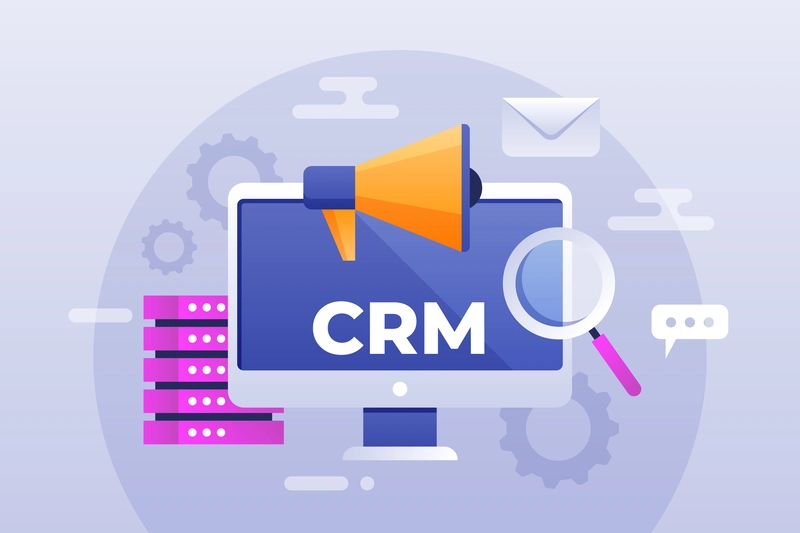

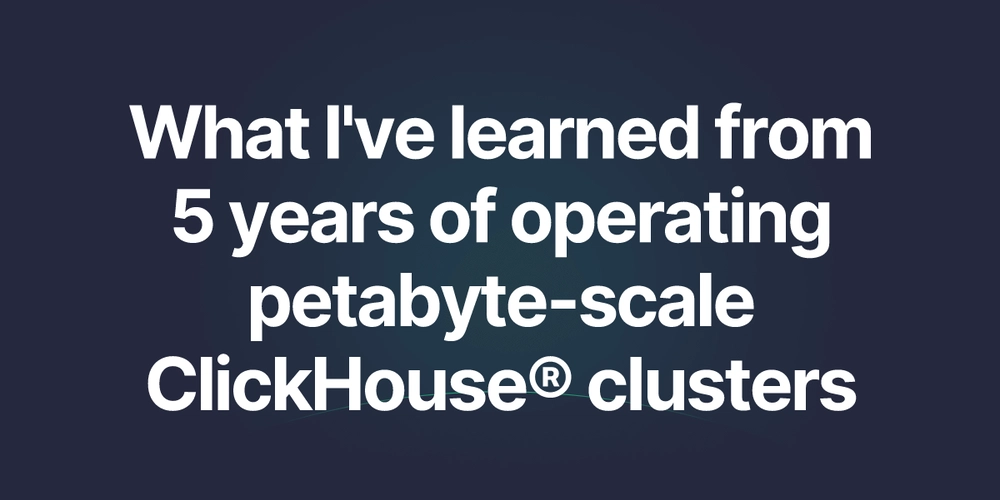























































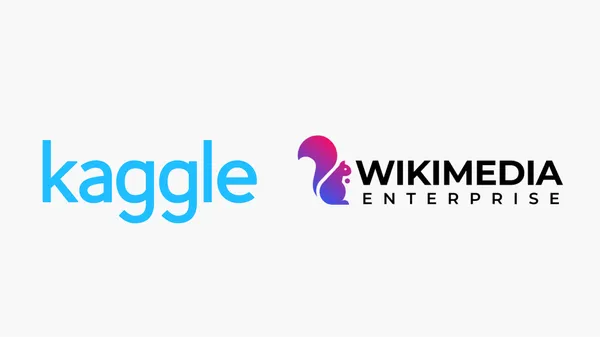


























![Blue Archive tier list [April 2025]](https://media.pocketgamer.com/artwork/na-33404-1636469504/blue-archive-screenshot-2.jpg?#)































.png?#)
.jpg?#)








.png?width=1920&height=1920&fit=bounds&quality=70&format=jpg&auto=webp#)
























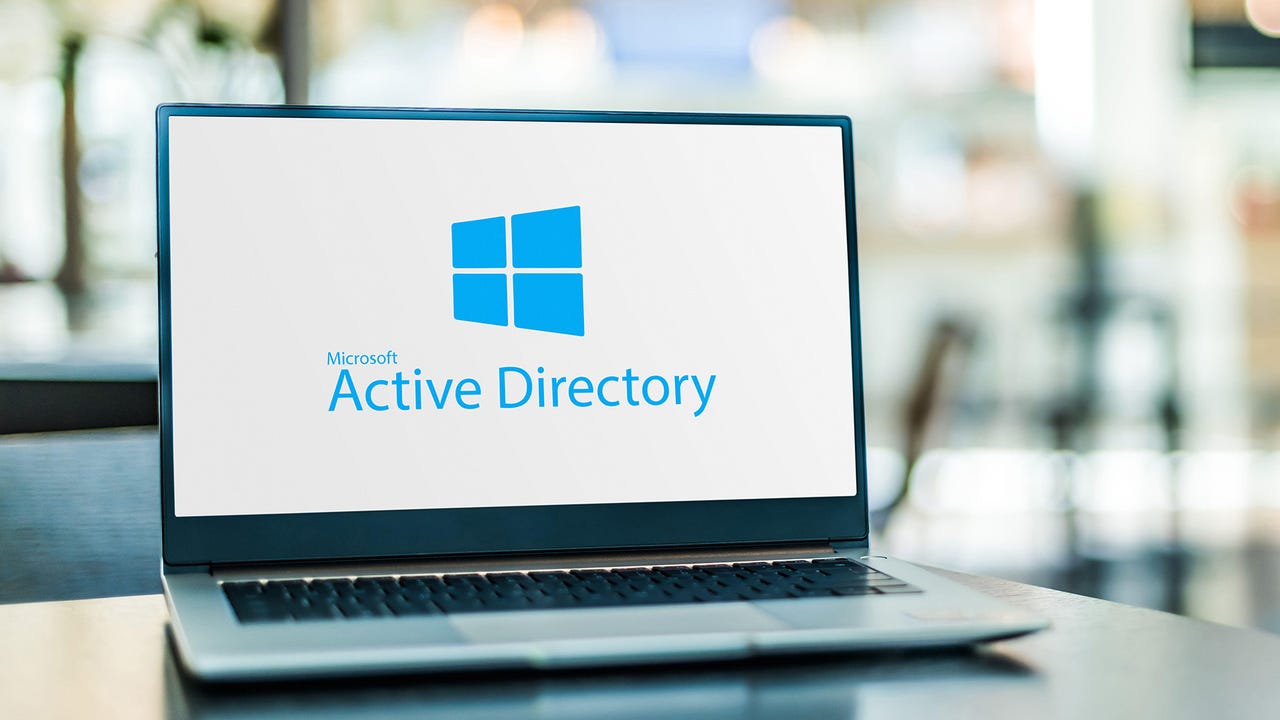

.png?#)
.webp?#)





































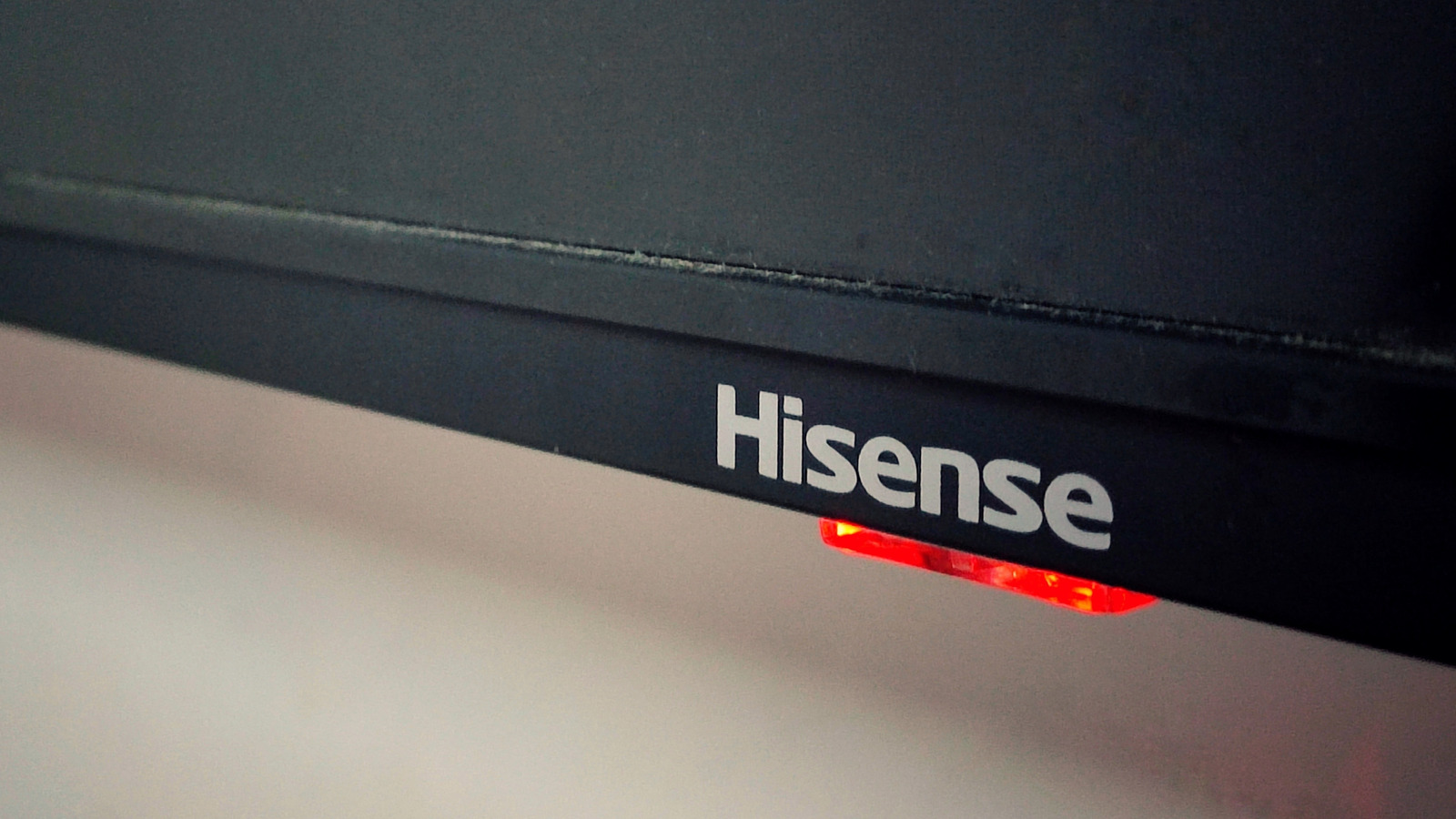







































![Global security vulnerability database gets 11 more months of funding [u]](https://photos5.appleinsider.com/gallery/63338-131616-62453-129471-61060-125967-51013-100774-49862-97722-Malware-Image-xl-xl-xl-(1)-xl-xl.jpg)





























![Apple Releases tvOS 18.4.1 for Apple TV [Download]](https://www.iclarified.com/images/news/97047/97047/97047-640.jpg)
![Apple Releases macOS Sequoia 15.4.1 [Download]](https://www.iclarified.com/images/news/97049/97049/97049-640.jpg)
![Apple Releases iOS 18.4.1 and iPadOS 18.4.1 [Download]](https://www.iclarified.com/images/news/97043/97043/97043-640.jpg)























